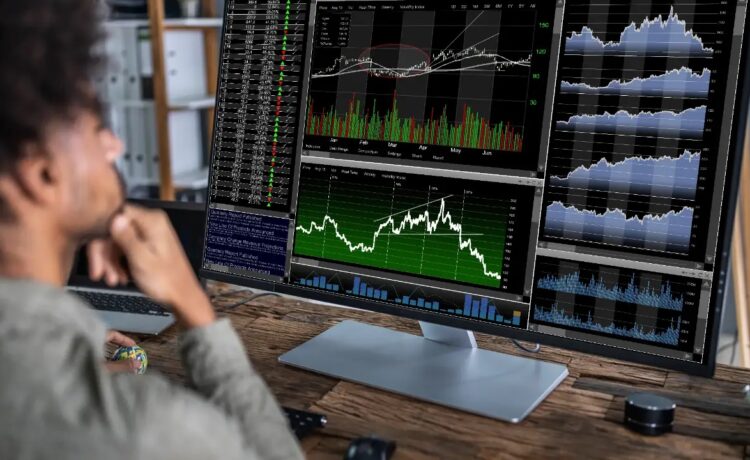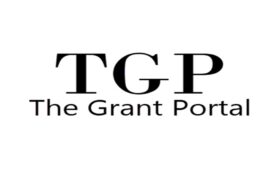Choosing the best platform for online trading depends on various factors including your experience level, investment style, and which assets you’re interested in trading. Here’s a closer look at some of the most important aspects to consider before deciding on the right platform for your online trading needs.
User Experience (UX)
User experience is key when it comes to online trading platforms. A well-designed interface can simplify the trading process, making it easier for traders to navigate through the platform and execute trades quickly. Platforms with intuitive design, clear navigation, and easy-to-read charts tend to be favored by both novice and experienced traders alike.
Fees and Commissions
Fees are an important consideration since they can eat into your profits. Some platforms offer zero commission on trades which can be particularly attractive for active traders. Others might charge a fee per trade or require a subscription. It’s important to read the fine print and understand all the potential costs involved.
Range of Investments
Different trading platforms offer different kinds of investments; some may only offer stocks, while others include options, ETFs, mutual funds, futures, forex, and even cryptocurrencies. Your choice should align with the diversity you want in your portfolio.
Research Tools and Insights
The availability of research tools and insights can greatly enhance your trading decisions. Platforms that provide access to quality analytical tools, real-time data, market news, and expert analysis can be very beneficial, especially if you do not have other sources for this information.
Security
Security is paramount when it’s about your financial data and investments. Ensure that the trading platform has strong security measures in place, like two-factor authentication and encryption to protect your account.
Customer Support
Good customer support can be crucial, especially in times of technical difficulties or urgent queries. Platforms offering 24/7 customer support through multiple channels such as phone, email, or live chat score higher for trader satisfaction.
Demos and Educational Resources
Some platforms offer demo accounts which allow you to practice trading with fake money. This is a great way to get familiar with the platform without risking any actual capital. Additionally, educational resources such as tutorials, webinars, and guides can be immensely helpful for improving your trading skills.
Regulatory Compliance
A credible platform must comply with regulatory authorities. In the US, this means it should be registered with the Securities and Exchange Commission (SEC) and be a member of the Financial Industry Regulatory Authority (FINRA). Regulatory compliance ensures that the platform adheres to certain standards and offers a measure of protection to investors.
Conclusion
When choosing an online trading platform, what is ‘best’ ultimately aligns with your individual trading goals and needs. It is imperative to take into account your own trading style, desired investments, cost considerations, and the features offered by each platform. By thoroughly researching and comparing different platforms, you’ll be better equipped to find the one that best suits you for a rewarding online trading experience.















